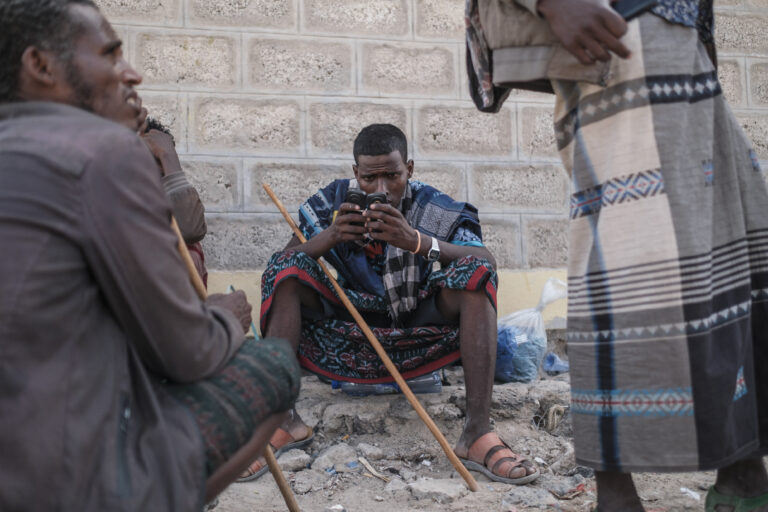The decision overturns a previous High Court ruling that a 2007 presidential amnesty to journalists and publishing houses also covered the fines.
(IPI/IFEX) – VIENNA, 8 March 2009 – The Ethiopian Supreme Court today ruled against four independent media houses, forcing them to pay fines that were originally rendered void under a 2007 pardon. The four publishing companies, Serkalem, Sisay, Zekarias and Fasil, must now pay a total of 295,000 Birr (approx. €16,100) – more than the average Ethiopian would earn in a century, according to income figures from the International Fund for Agricultural Development.
Last year, the Ethiopian High Court ruled that a 2007 presidential amnesty to journalists and publishing houses also covered the fines. Journalists and press freedom groups welcomed the decision. But today, the Ethiopian Supreme Court overturned the previous ruling, ordering the four houses to pay fines ranging from 15,000 to 120,000 Birr (approx. €830 to €6,600) according to an emailed statement from Eskinder Nega and Serkalem Fasil, co-owners of the Serkalem publishing company.
“It’s nothing in the American or European context, but for us it’s huge,” Eskinder Nega told IPI by phone from Addis Ababa. “This is the largest fine that has been imposed for a criminal charge, ever. The largest fine against a publisher until now was 15,000 Birr (approx. €830).” Nega and his wife Fasil must pay 120,000 Birr (approx. €6,600) – the highest of the upheld fines.
Because the publishing house proprietors, Serkalem Fasil, Eskinder Nega, Sisay Agena, Zekarias Tesfaye and Fasil Yenealem, are unable to pay the high fines, the government has requested that the court “freeze all liquid and fixed assets” belonging to them.
“In the run-up to 23 May elections, developments such as these are unfortunate evidence of the pressuring of the independent media,” said IPI Press Freedom Manager Anthony Mills. “No elections process can be deemed to be fair and transparent if it is accompanied by intimidation of the press. The fines are exorbitant and unwarranted. They should be dropped immediately.”
Nega told IPI that the Supreme Court ruling appeared to be an effort to force him and the other defendants to leave the country – as have many of their colleagues over the past few years.
“They want to drive us out, but they will not succeed. We will continue to apply for publishing licenses and push for our rights, including press freedom,” Nega said. “We’re not going anywhere.”
The four publishing houses were shut down in 2005 during a notorious post-election crackdown on the political opposition and the independent press. Their owners, Fasil, Eskinder, Agena, Tesfaye and Yenealem, were jailed along with several other journalists, on charges ranging from genocide to subverting the constitution. Fasil gave birth to her child while in jail.
The publishers were acquitted in 2007; however, the editors from their publications were sentenced to life in prison, and fines were imposed against the publishing houses, Nega told IPI. Later that year, the editors were freed and the fines dropped under a presidential amnesty. Since then, all of the imprisoned editors have left the country, where they are living in exile.
Since the 2007 presidential pardon, the Sisay and Serkalem houses have repeatedly applied for publishing licenses, which they continue to be denied. At the same time, the Ethiopian government continued its courtroom attempts to force the Serkalem, Sisay, Zekarias and Fasil publishing houses to pay the 2005 fines.
Thirteen political publications closed down during the 2005 offensive against the independent media remain shut.


